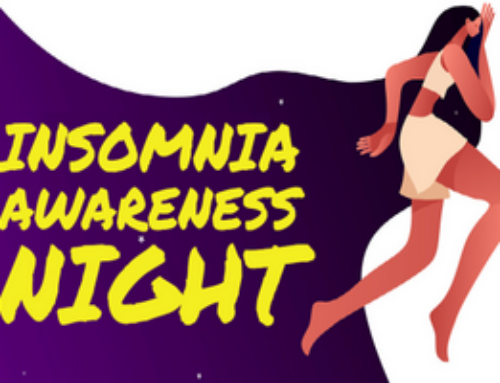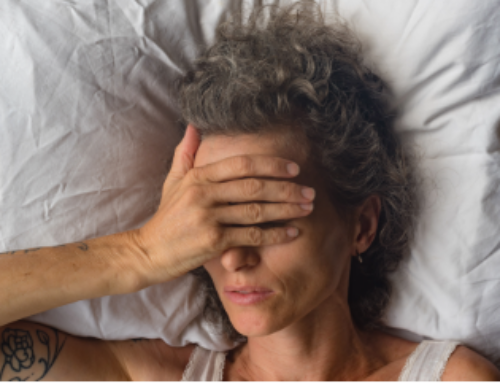Searching for a solution to their sleep problems, many adults are taking melatonin supplements as a sleep aid. Research shows that this may benefit certain people. But melatonin is no miracle cure for the sleepless.
Melatonin is a natural hormone that is produced by the brain. It is considered a darkness signal for your body. Your brain releases more melatonin in the evening as it gets dark. Then in the morning as daylight increases your melatonin production drops. This helps signal to your body when it is time to be sleepy or alert.
The sale of melatonin and other dietary supplements is a major part of the U.S. nutrition industry. The Natural Products Association reports that consumers spent $22.5 billion on dietary supplements in 2006. This includes $3.8 billion on specialty supplements such as melatonin.
A study in the journal Sleep in 2007 confirms that melatonin use is widespread in the U.S. The researchers analyzed a survey of 31,044 personal interviews. Results show that 5.2 percent of the study group reported using melatonin at least once in the prior 12 months.
The American Academy of Sleep Medicine states that melatonin supplements appear to be safe. There is no evidence of serious risks related to their use. But the long-term effects of melatonin are unknown.
In 2007 the AASM reviewed studies using melatonin to treat circadian rhythm sleep disorders. These problems involve the timing of your sleep pattern. The evidence shows that melatonin may benefit some people who suffer from jet lag, shift work, or a delayed sleep phase.
Jet lag disorder occurs when you cross multiple time zones. You have trouble adjusting your sleep-wake pattern to fit the schedule of your new location.
There is strong evidence that melatonin can reduce jet lag symptoms. You can benefit by taking melatonin for a few days before and after a long trip. But the best dose to take is unclear. In one study a small dose of 0.5 mg was nearly as effective as a much larger dose of 5 mg.
The time of day when you take melatonin may be even more important than how much you take. This is critical if you have shift work disorder from working a night shift. To improve your sleep you should take melatonin early in the day before you go to bed.
The proper timing is later in the day if you have delayed sleep phase disorder. This problem occurs when you regularly go to bed and wake up much later than most people. In this case, you should take melatonin in the afternoon or evening. This can help shift your sleep pattern to an earlier time.
There is less evidence that melatonin can help people with other types of sleep disorders. Some research shows that melatonin may help people who have insomnia. But the effect tends to be mild.
A 2005 study in the Journal of General Internal Medicine analyzed melatonin research. It found that people with insomnia can fall asleep faster by taking melatonin. But the average benefit across all the studies was only about seven minutes per night.
The AASM reports that there are better treatments for insomnia. These include cognitive behavioral therapy and medications. In 2005 the FDA approved a new medication called “ramelteon.” Its brand name is Rozerem. This is the first sleep aid to simulate the effect of melatonin. Rozerem was approved only for people who have trouble falling asleep. Potential side effects include headaches, dizziness, and nausea.
The AASM advises you to talk to your doctor before taking melatonin or any medication. Your doctor may refer you to an AASM-accredited sleep disorders center. Visit www.sleepcenters.org to find an AASM-accredited sleep center near you.





